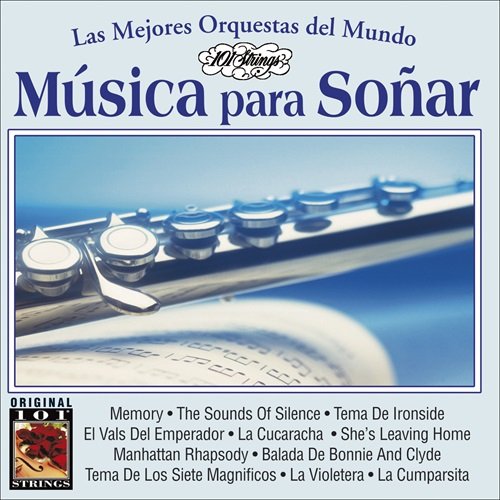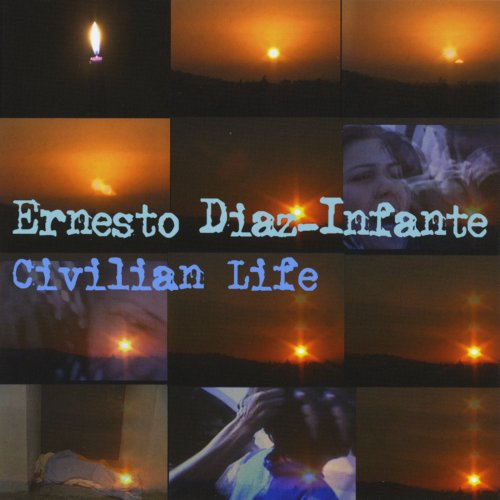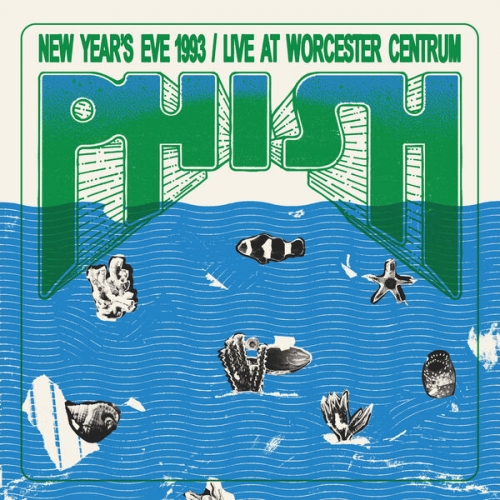Louis Lortie, Residentie Orchestra The Hague, George Pehlivanian - Liszt: Works for Piano and Orchestra (2006)
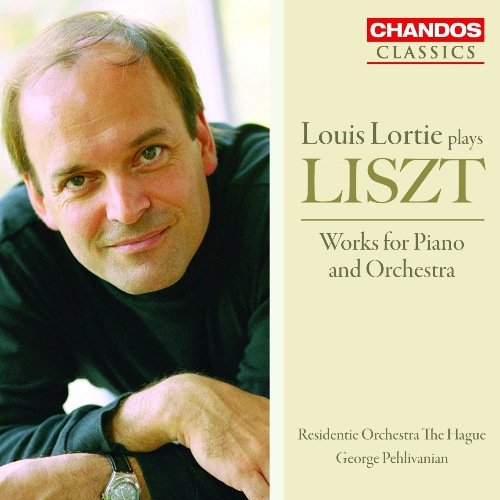
Artist: Louis Lortie, Residentie Orchestra The Hague, George Pehlivanian
Title: Liszt: Works for Piano and Orchestra
Year Of Release: 2006
Label: Chandos Records
Genre: Classical
Quality: FLAC (image+.cue,log,scans)
Total Time: 03:33:43
Total Size: 814 Mb
WebSite: Album Preview
Tracklist: Title: Liszt: Works for Piano and Orchestra
Year Of Release: 2006
Label: Chandos Records
Genre: Classical
Quality: FLAC (image+.cue,log,scans)
Total Time: 03:33:43
Total Size: 814 Mb
WebSite: Album Preview
CD1
[1] Malédiction, S121 Op. 452
for Piano and String Orchestra
[2]-[4] Grande fantaisie symphonique on themes from Berlioz’s ‘Lélio’, S120
[5]-[7] De profundis, S691 Op. 668
Psaume instrumentale for piano and orchestra
CD2
[1]-[4] Concerto for Piano and Orchestra No. 1 in E flat major, S124
[5] Concerto for Piano and Orchestra (No. 3) in E flat major, S125a Op. posth.
[6]-[12] Concerto for Piano and Orchestra No. 2 in A major, S125
[13] Totentanz, S126 Op. 457
Paraphrase on ‘Dies irae’ for Piano and Orchestra
CD3
[1] Fantasia on a theme from Beethoven’s ‘Ruins of Athens’, S122
[2] Polonaise brillante, S367
(Weber, Op. 72, orch. Liszt)
[3] Concerto pathétique for Piano and Orchestra in E minor, S365a
[4] Fantasy on Hungarian Folk-tunes, S123 Op. 458
[5]-[8] Wandererfantasie, S366
(Schubert, D760, orch. Liszt)
Performers:
Louis Lortie piano
Residentie Orchestra The Hague
George Pehlivanian
Fantasia on a Theme from Beethoven's Ruins of Athens, Grande Fantasie symphonique on Themes from Berlioz's Lelio
These are exuberant performances, overflowing with arch character and impish brio. Lortie doesn't merely phrase responsively; he deftly teases and articulates, so that even routine passage-work lifts into scintillant repartee, wittily met by Pehiavanian and The Hague Residentie Orchestra. For salient instance, this is the first time I've heard the young Liszt's hilariously slapdash, formally sprawling Lelio Fantasy actually . . . fantasticated. Leslie Howard's fine, sympathetic go at it with Karl Anton Rickenbacher and the Budapest Symphony (Hyperion CDA67401/2, 22:5), to take perhaps the most challenging comparison, seems literal and earnest after this nuance-rife take, couching coruscating roguery in feathery exquisiteness. Nor do Howard's broader tempos—timing in at 29:44 against Lortie's fleet 24:06—help to put this overlong jeu across. Chez Lortie and Pehiavanian, on the other hand, it is no longer a mere curiosity but a grandly empurpled Byronic narrative. Similar comparisons could be drawn piece by piece, but suffice it to say that in brilliant contrast to the workmanlike note-spinning that too often overtakes such ambitious intégrales, these artists approach music-making as a form of merrymaking, animating everything with irresistible verve. Sound is transparently immediate in a spacious aural frame. Enthusiastically recommended. -- Adrian Corleonis
These are exuberant performances, overflowing with arch character and impish brio. Lortie doesn't merely phrase responsively; he deftly teases and articulates, so that even routine passage-work lifts into scintillant repartee, wittily met by Pehiavanian and The Hague Residentie Orchestra. For salient instance, this is the first time I've heard the young Liszt's hilariously slapdash, formally sprawling Lelio Fantasy actually . . . fantasticated. Leslie Howard's fine, sympathetic go at it with Karl Anton Rickenbacher and the Budapest Symphony (Hyperion CDA67401/2, 22:5), to take perhaps the most challenging comparison, seems literal and earnest after this nuance-rife take, couching coruscating roguery in feathery exquisiteness. Nor do Howard's broader tempos—timing in at 29:44 against Lortie's fleet 24:06—help to put this overlong jeu across. Chez Lortie and Pehiavanian, on the other hand, it is no longer a mere curiosity but a grandly empurpled Byronic narrative. Similar comparisons could be drawn piece by piece, but suffice it to say that in brilliant contrast to the workmanlike note-spinning that too often overtakes such ambitious intégrales, these artists approach music-making as a form of merrymaking, animating everything with irresistible verve. Sound is transparently immediate in a spacious aural frame. Enthusiastically recommended. -- Adrian Corleonis
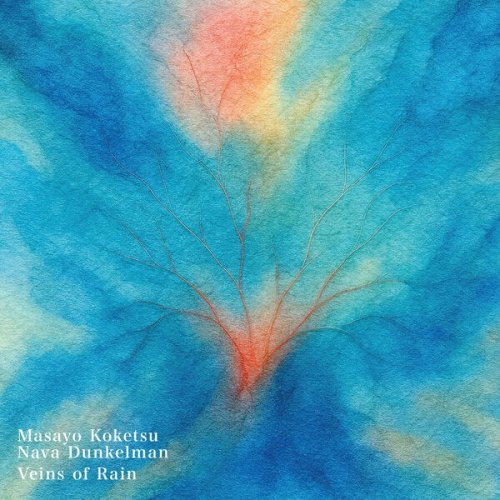

![Marvin Birungi - Soul Vaxnation (2026) [Hi-Res] Marvin Birungi - Soul Vaxnation (2026) [Hi-Res]](https://www.dibpic.com/uploads/posts/2026-02/1771660075_500x500.jpg)

![Joe Pass - Virtuoso (1974) [2025 DSD256] Joe Pass - Virtuoso (1974) [2025 DSD256]](https://www.dibpic.com/uploads/posts/2026-02/1771609997_ff.jpg)

